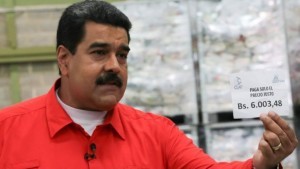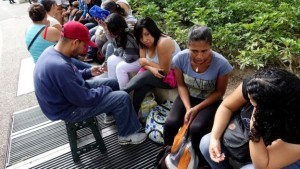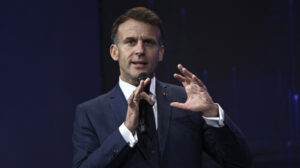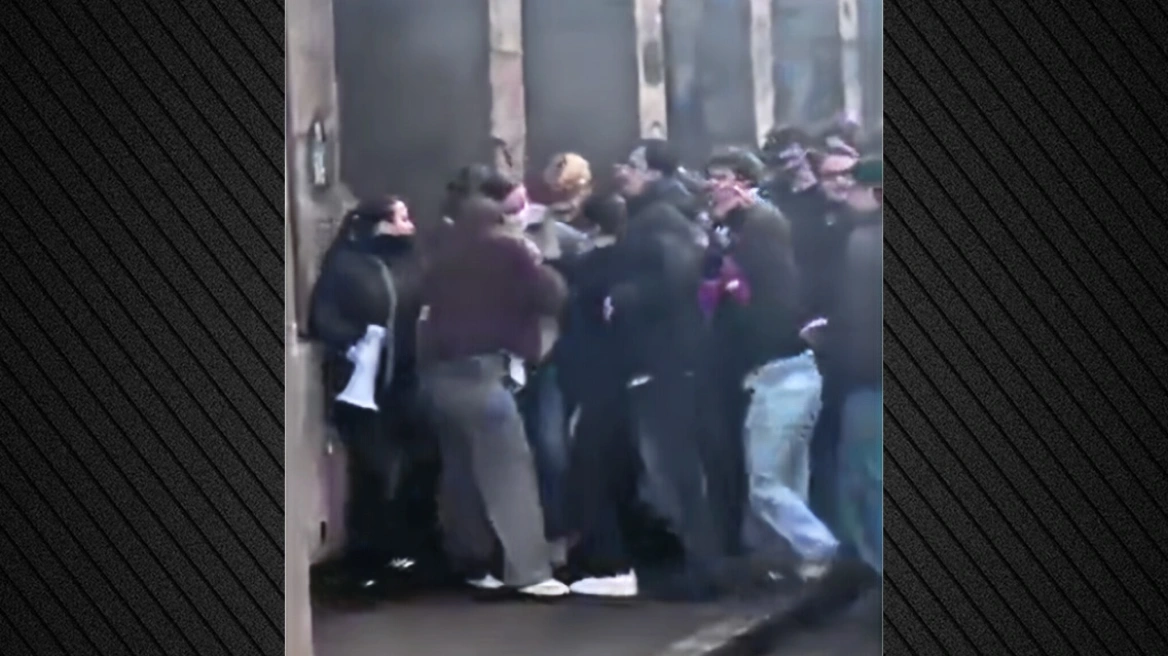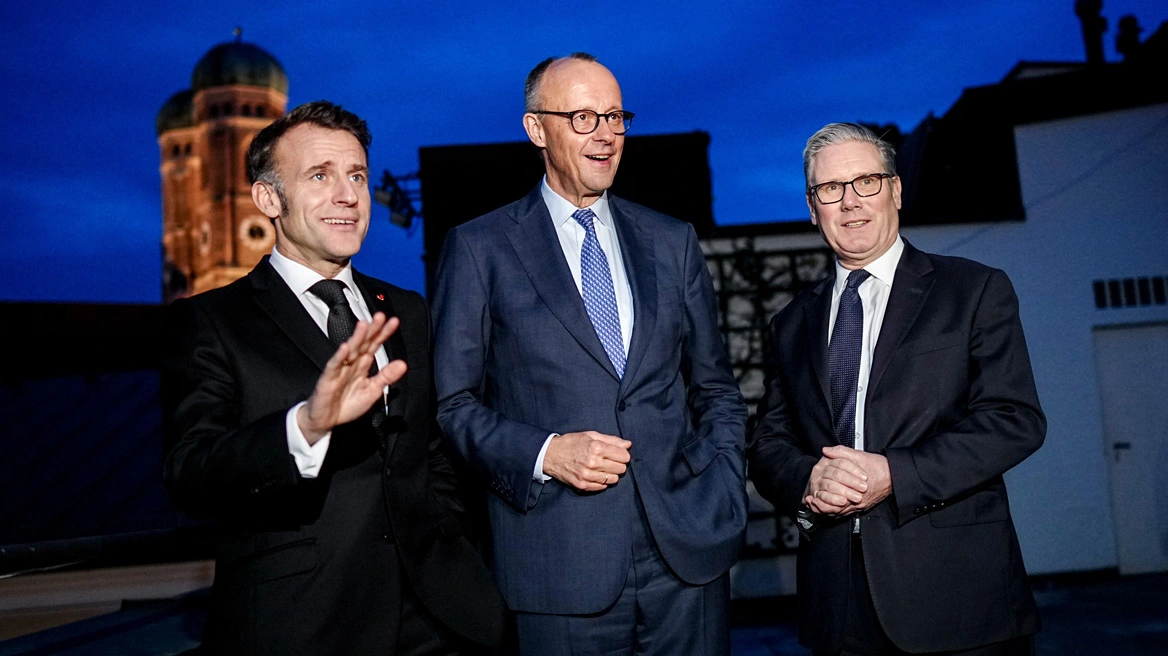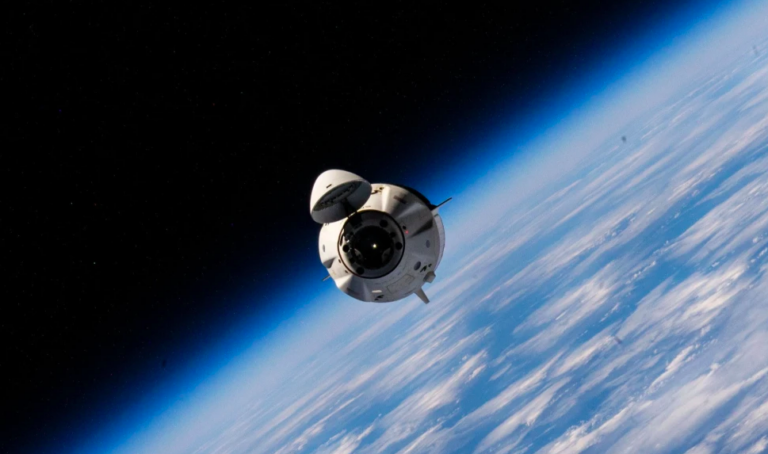Venezuela’s government has announced a 50% increase in the minimum wage and pensions amid runaway inflation.
President Nicolas Maduro says the move will protect jobs and incomes. Critics say it may worsen the crisis.
The opposition accuses Mr Maduro of mismanaging oil-rich Venezuela’s crumbling economy. But he says he faces an economic war by political foes and hostile businessmen.
The International Monetary Fund says inflation will reach 1,600% this year.
Mr Maduro said he was raising the monthly minimum wage to 40,000 bolivars, about $60 (£49) at the highest official exchange rate, or $12 on the black market.
It is the fifth increase in one year. The measure would benefit public workers, the armed forces and pensioners, he said.
“In times of economic war and mafia attacks… we must protect employment and workers’ income,” he said on his weekly television and radio programme.
Venezuela’s inflation rate, the highest in the world, has gutted the value of the bolivar.
The country has been hit by low oil prices, its key export. It has also faced severe shortages of food, medicine and basic goods.
Opponents say the president’s incompetence and 17 years of failed socialist policies are behind the crisis. They call for the removal of Mr Maduro, who was elected in 2013 for a six-year term after his predecessor Hugo Chavez’s death.
But the president accuses the country’s elite of sabotaging the economy for political ends.
The main business association in Venezuela said the wage increase was announced without consultation and could result in layoffs and force small businesses to close.
Opposition lawmaker Jose Guerra said the Central Bank would print more money to pay for the rise, resulting in higher inflation. “This has already been studied,” he said on Twitter (in Spanish).
Ask me anything
Explore related questions
